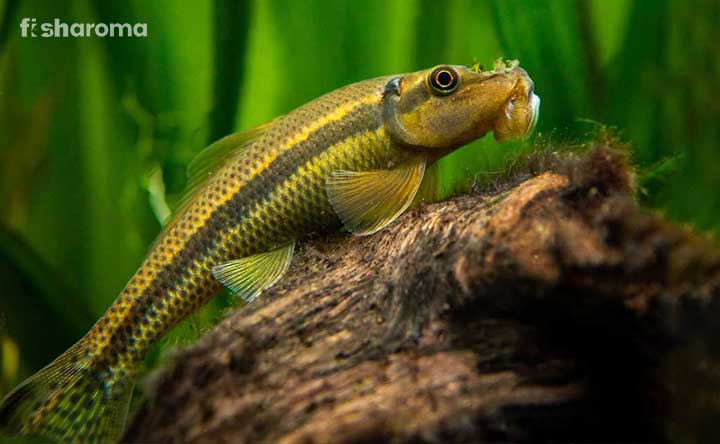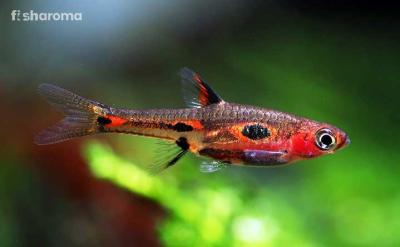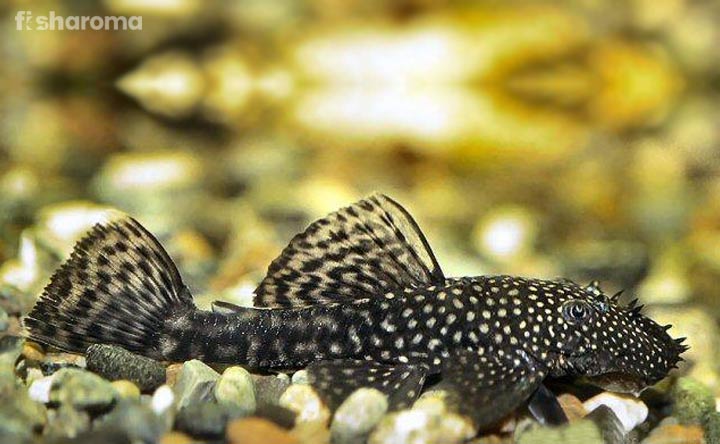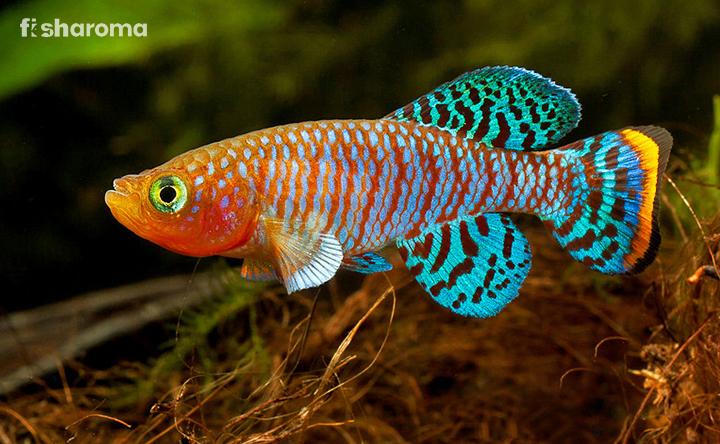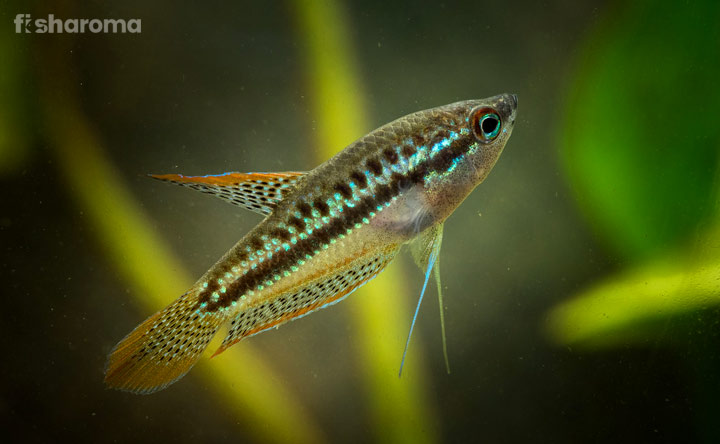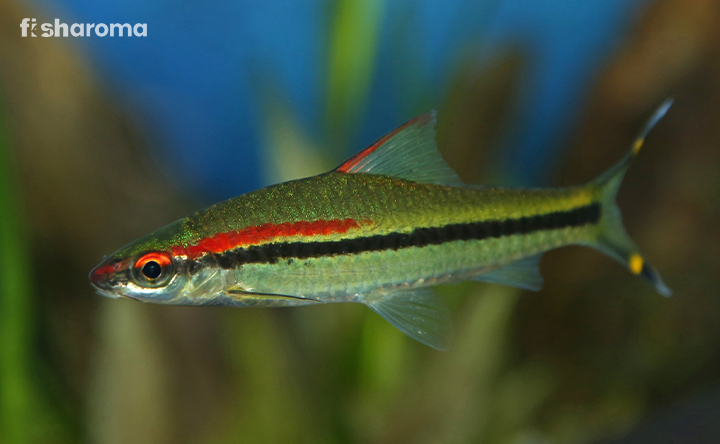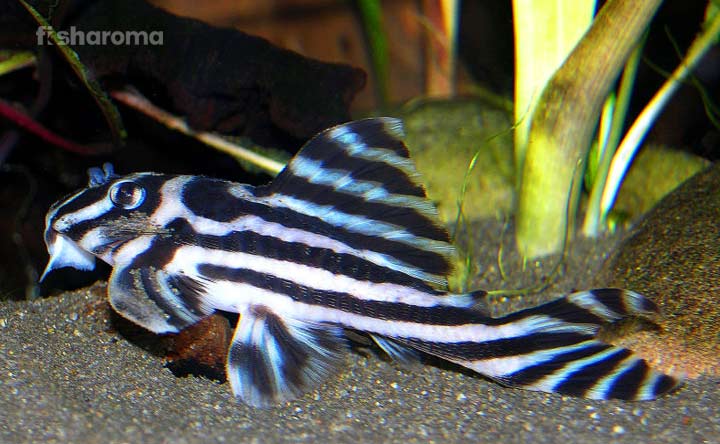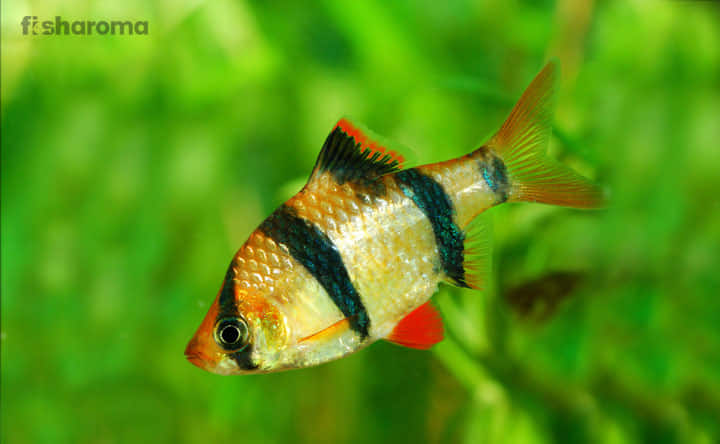How Long Do Betta Fish Live? Ideas to Increase their Lifespan
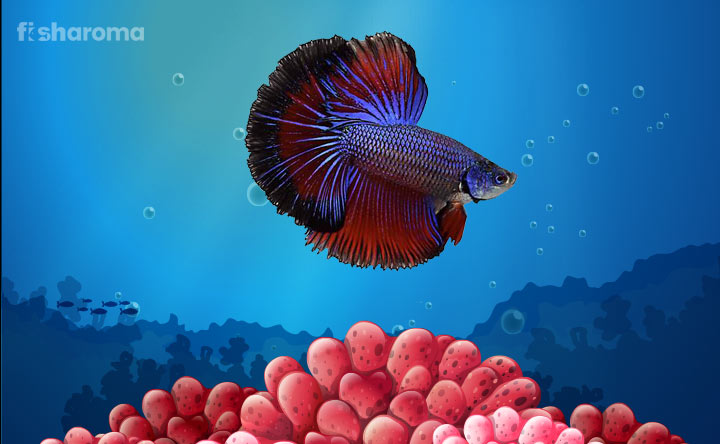
Popular by the name, ‘Siamese Fighting Fish’, Betta fish is one of the common freshwater fish, which is often liked by the fish keepers for its aesthetic body-color, patterns, fins, and tails. If you see Bettas from distance then it will just look like a beautiful flower with multiple shades because of its large size flowing tail. For taking care of the fish your mind may cling to a query, how long do betta fish live?
Now, although it is very hard to determine its lifespan, it has been noted that it has a very short life span – approximately three years. Bettas are quite sensitive and increase the susceptibility of parasite infections because they are carnivorous. So, consuming insects can bring germs to their appetite and make them prone to life-threatening diseases, which is the reason for their early departure.
How Long Do Betta Fish Live in an Aquarium
It is quite obvious that living in a captivated condition may turn the Betta Fish unhappy and stressed but if you are trying to keep them in a fish tank then you have to provide natural ambiance to this fish, otherwise, their life span will decrease than the normal longevity.
Bettas like dwelling in big rivers because of their aggressive plus high-jumping nature. So, you can purchase a maximum 5-6 gallons aquarium which will provide an eco-friendly environment to the little Betta.
They usually can survive three years in an aquarium, but some Bettas can survive about four to five years if you give proper nutrition, maintain their hygiene, and keep suitable tankmates with them. They can survive more than their determined life span if they are happy with the tankmates.
How Long Do Betta Fish Live in Wild Streams and River
Usually, you will find Betta fish in shallow freshwater like streams, canals, ponds, river and rice paddies. Native to Thailand and Cambodia, this 3” fish is also found in the rivers of Malaysia, Brazil, and Singapore.
Compared to the amenities provided by the aquarists while keeping the Bettas in an aquarium, they never get the same facilities while dwelling in the wild. No one is there to take care of the food, hygiene and habitation requirements. Therefore, in wild rivers and ponds, Bettas can only live for two years because of food scarcity, pollution, and injurious infections.
Although, the lap of mother nature can save every creature the sensitive health condition of Betta Fish for a long time period without care.
These fish are highly territorial and not ready to share their home with other water species. But in the river and streams, Bettas have to adjust with other species which is the common reason for fighting, bloodshed, aggression and other problems.
Common Health Problems of Betta Fish with Remedies
As we have mentioned earlier, Bettas are prone to parasite and bacterial infections and they have poor immunity system, which causes different health issues. However, by looking for the symptoms you can identify the diseases of Bettas. These signs will not only help you know about the illnesses but will also help you understand how to treat the fish. Have a quick look at the table for detailed information on the disease of Betta, its symptoms, and preventions:
| Diseases | Symptoms | Suggested Remedies |
| Red Flags |
Loss of Color in Betta, Fish Respiration Problem, Listlessness, Bloating Weight, Fins Less, Activeness Slow, Swimming Elevated, Scales Cloudy Eyes | Set a proper diet plan for the Betta fish. Don’t keep much fish with this isolation-lover breed. Keep its dwelling condition clean. Ask a medical consultant for proper medical and other preventions. |
| Fin Rot |
Frayed Fins, Red Patches on Fins | The fins of the Betta fish rots because of pollution and unhygienic conditions. Try to improve the quality of the water in the tank by keeping aerated water in it. Consult a veterinary doctor if the problem is growing day by day. |
| Fungus |
Eyes Discoloration, Growth Problem, White Patches in Scales | Try to apply an antifungal remedy by cleaning the tank every week. Use medicines in the fish tank as per the suggestion of a vet physician. |
| Bacterial Infection |
Open Sores, Cloudy Eyes, Red Rashes in Body | Buy antibacterial medicines from medical shops after taking suggestions from your doctor and spread the medicine in the water. Avoid keeping dirty water species with your Betta fish. Don’t feed unrefined foods to your pet Betta. |
| Ich |
White Spots on Body and Fins Breathing Problem, Allergy Rashes | In the veterinary medical shops, you will get commercial ich remedy powder, use that on the tank because spreading the water may help the Bettas get away from ich. |
How to Increase the Lifespan of Betta Fish
Now, we have a rough idea that how long do Betta fish live in captivity and in wild, so let us discuss some important solutions to increase the lifespan of a cute Betta. Make your buddy live with you for some more years. It is not a daunting task to increase the longevity of your pet Betta if you consider the suggestions given below:
Find an Accurate Size of Fish Tank
While purchasing a Betta Fish, you may find the pet shop keeper is selling the fish in a small 1-gallon tank or in a bowl, but don’t follow that wrong procedure in your house. As per its 3” size, a Betta needs minimum 5-gallons aquarium to live comfortably.
Make sure the aquarium is cleaned regularly and the shape of the tank is rectangular, which will help the Betta swim and jump comfortably. If your swimmer-friend is happy then it will be away from stress, breathing problem, and other health issues. So, try to give a big and clean home to your pet fish.
Look at the Compatibility and Space of the Betta Fish
Betta fish is not only an aggressive breed but also an isolation lover, so don’t overcrowd the tank of the Betta Fish. Try to keep fewer fish in the tank of a Betta, and make sure that those fish breeds or other aquatic species should be less aggressive than Betta Fish.
The tankmates that are suitable for Bettas such as Neon Tetra, Red Cherry Shrimp, African Dwarf Frog, Feeder Guppies, Rasboras, Snails, Plecos, Ghost Shrimp and Cory Catfish. Along with these water species, find out whether they are comfortable to stay with male Bettas and female Bettas or not. As per the facts, don’t keep a male Betta fish with another male Betta. You can keep two female Bettas together, but two male Bettas may fight to the death if kept together.
Keep Heater and Filter in the Fish Tank
The river water in Thailand is naturally warm because of the humid climate in the place. So, Bettas like living in mildly warm water, and you may provide comfort to the fish by keeping a heater in the tank. Betta Fish is used to live at a temperature of 75-80°F.
You also need to keep a water filter in the fish tank to filter out the dirty water from the tank and maintain the hygienic condition of the water. Moreover, the water filter in a Betta fish tank will help in building up nitrite and ammonia, which will keep the water aerated. Remember, aerated water helps a fish live more than a usual time period.
Maintain the Nutrition of Betta
If you love your pet Betta fish and want to increase its lifespan then look at the nutritional need of your little buddy. A good diet will help increase the growth rate, lifespan, and colors of the fish.
Feed meaty foods to this carnivorous fish which loves eating insects. You can feed it homemade food, flake food, frozen pellets, brine shrimp, blood worms, etc. But remember, the foods should be fed in a hygienic way. Never bring food from the wild and polluted areas because Bettas have a high tendency to get infected.
Always feed them twice a day because overfeeding can lead to various diseases among the fish such as swim bladder and bloating.
Keep the Environment of the Betta Tank Green by Keeping Plants
Keep the tank fully oxygenated by keeping green aquatic plants like Java fern, Java Moss and Anacharis which are most preferred herbs by Betta Fish. This fish is carnivoros, so it never likes eating plants but It loves to dwell in a nature-friendly environment. The green plants will not only create an eco-friendly environment but will also provide plenty of oxygen which is good for the respiratory functionality of the fish.
Clean the Tank and the Objects of the Fish Tank
Maintaining hygiene in the fish home will keep your pet Betta satisfied, infection-free and healthy. So, try to change 50% water twice a week without stressing the Bettas in the tank. Remove the fish poops, leftover foods, and other dirt. Moreover, while cleaning the entire tank twice a month also clean objects like fish caves, rocks, gravels, etc. inside the tank.
Never clean the tank with harsh chemicals, just use mild liquid soap and soft rag to clean the tank and wipe up the inside or outside portion. Hygiene can increase the life span of Bettas.
Make the Breeding Process Safe
It is not possible to control the genetics and egg-laying habit of Betta Fish, so after breeding, separate the male and female Betta, so that they do not mate and lay eggs once again. Too much mating and laying eggs can be harmful to Bettas, and will also decrease its life span. So, be cautious about its breeding process.
Make a separate tank where the mother Betta can lay eggs and then fertilize it naturally. Remember, Bettas need much space for laying eggs, so choose the tank as per its need.
Signs of a Healthy Betta Fish
After putting lots of effort in maintaining the health of the fish, you may want to know whether your pet Betta is fine or not. Do not worry! Just try to observe the healthy condition of the fish by seeing the positive health signs:
- Increase of vibrancy and colors of Betta is the first symptom of their good health.
- They become an active swimmer and alert predator when they are healthy and happy.
- They never skip meals and like to eat regularly in a healthy condition.
How to Buy a Healthy Betta Fish
It is obvious that you will always like to buy a healthy Betta Fish who will live for a long time period, and who will be less affected by any illness. Buy the fish from a reputed pet store and always try to purchase a young Betta because you may get very less time with the little buddy. Now, you just need to observe the fish properly before buying it. Observe a few features and behaviors of the Betta before buying it:
- Clear Eyes
- Bright Color
- Vibrant Flowery Fins and Tails
- Responding Nature
- Activeness
- Attacking Tendency
- Alertness
- Aggressiveness
These features of the Betta will help you identify that the fish is sick and stressed:
- Ripped and Torn Fins
- Pale Body Color
- Scratches on Body
- Rashes on the Fins
- Bulging Eyes
FAQs about Betta Fish
You may have some common questions regarding Betta Fish, so here are the answers:
1. How Long Can a Betta Fish Live in a Bowl?
The life expectancy of Bettas naturally decreases because they don’t like to live in a small and crowded place. So, they may live just for one year if you keep them in a bowl.
2. What is the Longest Lifespan of the Betta?
Betta Fish can also live 9-10 years in the presence of high amenities and appropriate care.
3. What is the Historical Importance of Betta Fish?
In ancient times, Betta Fish were used for a game similar to ‘cock-fight’ where two male Bettas used to fight. This was the mode of entertainment for the people of several places.
4. Why Betta Fish is Prone to Infections?
The large fins of the Bettas are often affected by bacterial infections if kept in unclean condition. Moreover, Bettas have very low immunity power compared to other fish, so they have less life span.
5. What Should be the pH Range of the Tank Water for Betta?
The pH level of Betta tank should be 6.5-7.0, and you can check the pH with pH and testing kit to set the tank for your pet Betta fish.
Interesting Facts about Betta Fish
- Bettas can survive without air, food, and water for a short period.
- Betta’s sensitive nature helps them identify their predators and enemies.
- They make bubble nests where they keep their eggs and the male Betta protects the eggs.
- Betta Fish is an intelligent breed who knows how to apply different tricks for finding foods in the wild.
- They can make different tail shapes themselves.
More Information about Betta Fish
You may know more about different types of Bettas and their care guides with the help of these topics:
- Crowntail Betta: Crowntail Betta falls under the category of Betta fish, and is famous for its shades and crown-shaped fins.
- Betta Fish Food: You have learned how long do Betta fish live, now you may also want to know about the best foods for Betta fish through this topic.


